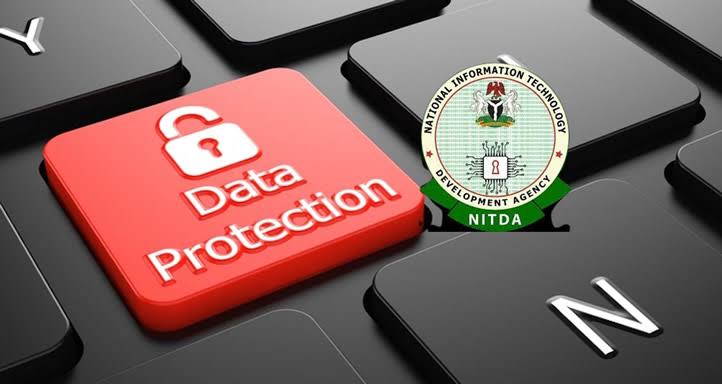
How To Stay Compliant With The Nigerian Data Protection Act (NDPA) In 2025
Introduction
With data breaches and cyber threats on the rise, Nigeria is stepping up to enforce stronger data privacy measures. The Nigerian Data Protection Act (NDPA), enacted to safeguard personal data and regulate its usage, is now in full effect. For businesses, especially data controllers and processors, understanding and complying with this law is no longer optional, it's mandatory.
In this guide, we will walk you through what the NDPA entails, what your obligations are, and actionable steps your business must take to remain compliant in 2025.
What is the NDPA?
The Nigerian Data Protection Act is the national legal framework that regulates how personal data is collected, stored, processed, and shared. It empowers the Nigeria Data Protection Commission (NDPC) to monitor compliance and issue penalties for violations.
Key highlights of the NDPA include:
- - Lawful processing of personal data
- - Data Subject Access Requests (DSARs)
- - Data breach notification requirements
- - Appointment of Data Protection Officers (DPOs)
- - Mandatory documentation of data processing activities
Why NDPA Compliance Matters
Failing to comply with NDPA regulations can result in:
- - Hefty fines
- - Legal liabilities
- - Loss of customer trust
- - Brand and reputational damage
Whether you're a startup, SME, or enterprise, compliance enhances customer confidence and aligns your business with global data protection best practices.
Steps to Stay Compliant with NDPA in 2025
1. Appoint a Data Protection Officer (DPO):
A DPO oversees data protection strategies and ensures compliance with the NDPA. This is mandatory for large data controllers or those processing sensitive data.
2. Conduct a Data Audit:
Evaluate the types of personal data your business collects, how it’s stored, who has access, and how it’s shared. This helps identify compliance gaps and areas of risk.
3. Implement a DSAR Automation System:
Data subjects have the right to access, modify, or delete their data and responding to DSARs manually can be slow and error-prone, that is why an AI-powered DSAR Assistant helps businesses handle requests efficiently, reducing human error and ensuring compliance.
4. Create a Data Privacy Policy:
Make sure your privacy policy is clear, easy to understand, and visible on your website. It should explain how data is collected, processed, stored, and used.
5. Train Your Employees:
Human error is one of the leading causes of data breaches. Provide Security Awareness Training (SAT) to educate your staff on phishing threats, data handling, and privacy best practices.
6. Secure Your Data Infrastructure
Invest in cybersecurity tools such as:
- - DNS & Firewall Protection
- - Encryption
- - Endpoint Detection and Response (EDR)
- - Backup and Disaster Recovery (BCDR)
7. Maintain Documentation and Records:
Keep a detailed log of all data processing activities, risk assessments, and incident responses. This is required for demonstrating compliance during audits.
8. Monitor and Review:
Compliance isn’t a one-time fix, it’s continuous. Conduct regular assessments to align with changing regulations and business processes.
How Tros Technologies Can Help
At Tros Technologies, we provide NDPA-specific compliance solutions including:
- - DSAR automation tools
- - Cybersecurity infrastructure
- - DPO consultation
- - Employee training and policy development
- - Secure data backup and encryption services
We help you stay compliant so you can focus on growing your business. Become an NDPA complaint, visit www.trostechnologies.com/ndpa to learn more or book a free compliance consultation with our experts.
